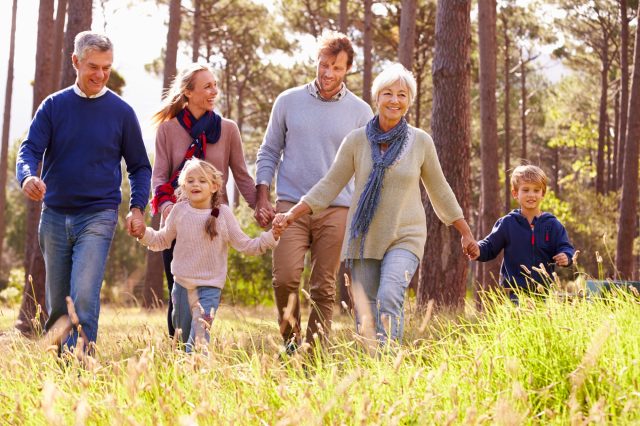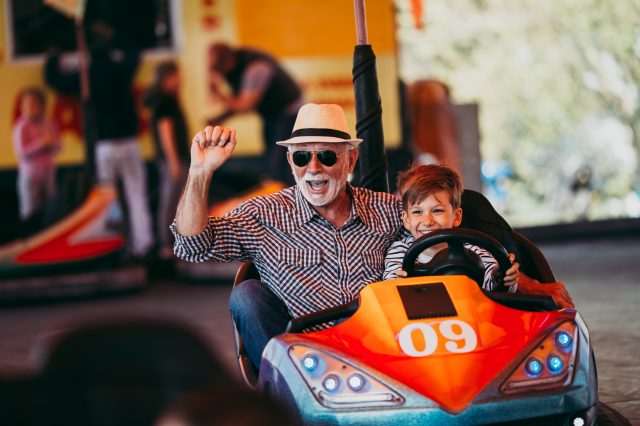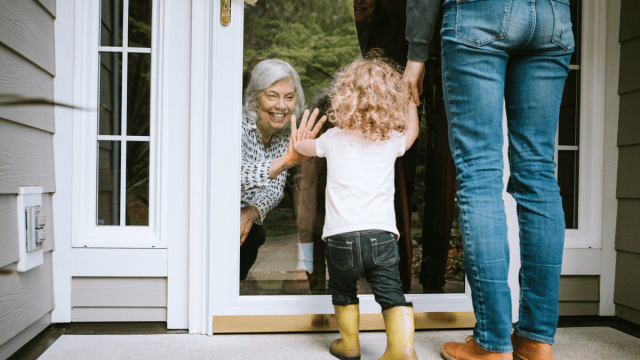Heads up: there may be significant guilt associated with what we’re about to tell you. Your mom, dad, grandparents? They’re literally dying for your attention. But hang with us through the end before you speed dial your mom because there’s some serious research supporting the key takeaway—and it may change the way you plan quality time with your elderly grandparents, parents, neighbors, or friends.

According to a study by researchers at the University of California, San Francisco, adding loneliness to the mix of an aging individual is akin to squirting liquid soap on a slip and slide, then turning on the hose. The symptoms associated with aging accelerate when an individual lacks quality relationships and regular socialization.
The study followed 1,600 adults, with an average age of 71. Regardless of how much money or how healthy each participant was, those who self-reported higher on the study’s “loneliness scale” had higher mortality rates. In fact, “nearly 23% of lonely participants died within six years of the study, as opposed to only 14% of those that reported adequate companionship.”
Social isolation significantly increased a person’s risk of premature death from all causes—at the same rate that rivals those of smoking, obesity, and physical inactivity. According to the Centers for Disease Control (CDC), it was associated with about a 50% increased risk of dementia, and loneliness was associated with higher rates of depression, anxiety, and suicide. In fact, “loneliness among heart failure patients was associated with nearly 4 times increased risk of death, 68% increased risk of hospitalization, and 57% increased risk of emergency department visits.”

But just how many elderly people actually feel lonely? A report from the National Academies of Sciences, Engineering, and Medicine (NASEM) showed that “more than one-third of adults aged 45 and older feel lonely, and nearly one-fourth of adults aged 65 and older are considered to be socially isolated.”
It makes sense, right? The older you get, the more likely you are to live alone, have suffered the loss of family or friends, or be dealing with chronic illness and hearing loss. Although it’s hard to measure social isolation and loneliness precisely, there is strong evidence that many adults aged 50 and older are socially isolated or lonely in ways that put their health at risk. Cue the guilt, right?
“The need we’ve had our entire lives—people who know us, value us, who bring us joy—that never goes away,” Barbara Moscowitz, a senior geriatric social worker at Massachusetts General Hospital, explained to The New York Times. And it’s not because older adults lack empathy, wisdom, or humor that they lack quality relationships.
Rosemary Blieszner, a professor of human development at Virginia Tech, told The New York Times “(Older adults are) pretty tolerant of friends’ imperfections and idiosyncrasies, more than young adults…You bring a lot more experience to your friendships when you’re older. You know what’s worth fighting about and not worth fighting about.”











